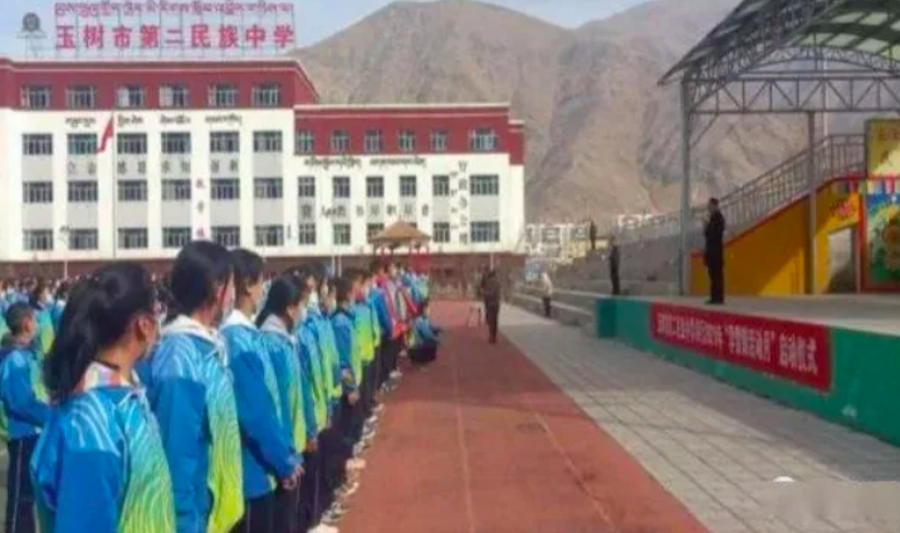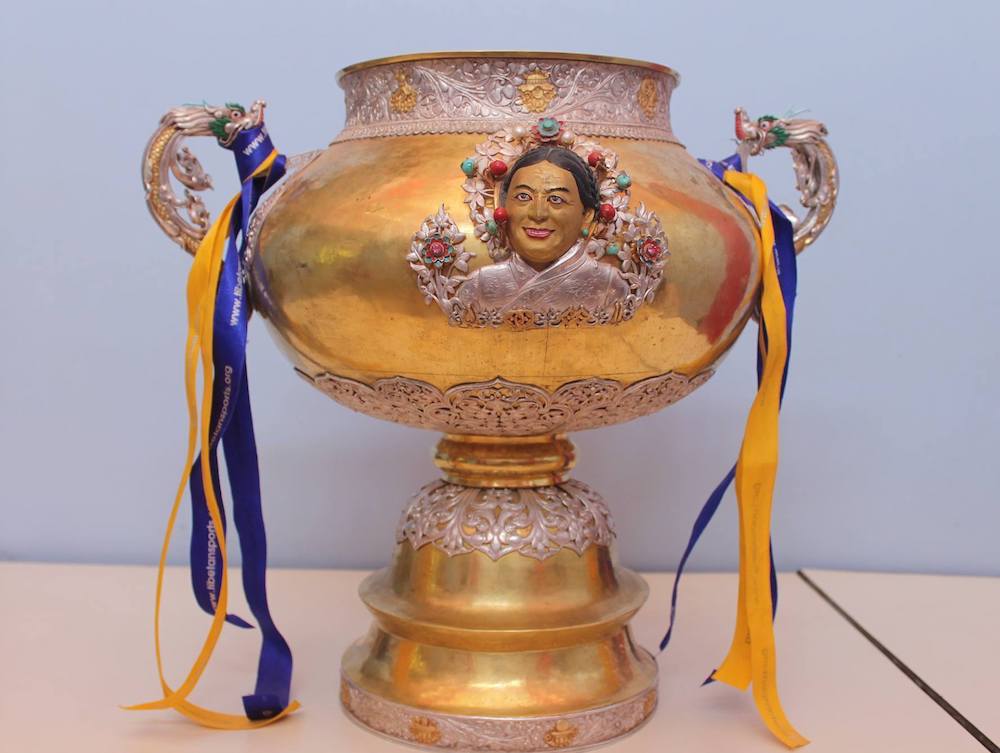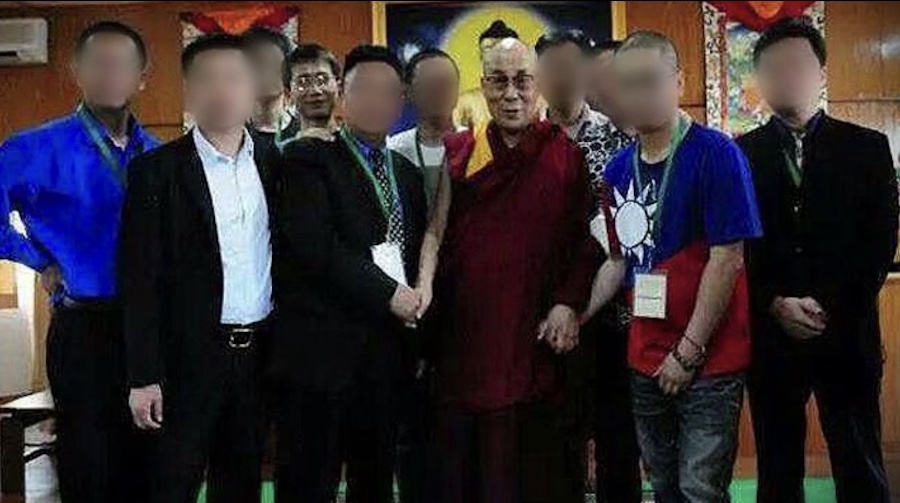By Tenzin Dedan
DHARAMSHALA, Nov 9: A middle school predominantly attended by Tibetan pupils in the so called Yushu Tibetan Autonomous Prefecture, Qinghai, has sent a letter to parents, in what is seen as yet another Chinese Communist Party’s effort to restrict religious freedom. Tibetan parents have been told they should not feel obligated to follow any religion. The letter, sent in September by the Yushu City 2nd Ethnic Middle School, has been confirmed as authentic by local sources. This particular school caters to a student body comprising over 90% Tibetans.
Bitter Winter, a publication following religious freedom and human rights issues in China, provided a translation of the letter, highlighting the Chinese Communist Party’s strict measures to prevent minors, especially Tibetans and other so-called ethnic minorities, from engaging in religious activities.
The letter addressed to the parents read, “Minors are the future of the motherland, the hope of the nation, and the main force to realize the Chinese dream of the great rejuvenation of the Chinese nation. The legal provisions of adhering to the principle of separation of education and religion are the embodiment of the implementation of the Party’s education policy and the need for the healthy growth of minors. Educating minors not to believe in religion is an obligation for both schools and parents.”
The letter essentially highlighted and encouraged opposition to religious involvement, preventing minors from believing in religion and parental responsibility in steering the children away from the purview of religion at large.
The letter concludes with a call for parents and friends to unite and take proactive action. It encourages the construction of a “Great Wall” to resist and prevent religious infiltration into the school, maintain the harmony and stability of the school, and contribute to the long-term stability of the motherland.
These directives from the local school reflect the broader policies of the Chinese government in suppressing religious practices, especially among ethnic minorities like Tibetans. The government aims to assert strict control over religious activities and to ensure that they do not influence the education system or the younger generation.










